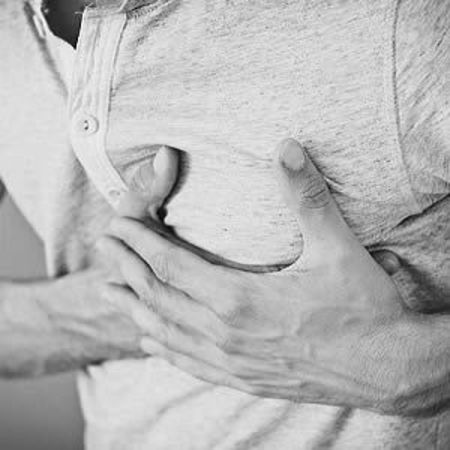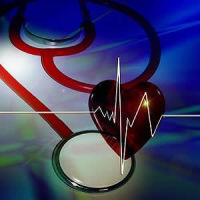Chest pain may be the most common symptom of a heart attack but there are other, subtle symptoms that can occur hours, days, even weeks before a heart attack, according to a Stony Brook expert.
See Also: Insomnia and Risk of Cardiovascular Disease
Pamela Kostic, RN, CCCC, Stony Brook Heart Institute Certified Cardiovascular Care Coordinator, explains that a discomfort that you wouldn’t define as “pain” may be felt in other places, like the inner arm — often, but not always, the left arm — or in the jaw or teeth. It may get worse with activity and improve with rest and may come and go, increasing a bit each time it comes.
Symptoms may also feel like indigestion or the flu. "You may feel extra tired, short of breath or sweaty," Kostic says. "Or you may feel anxious, like something is wrong.”
The classic symptoms of chest pressure, squeezing or heartburn often occur in men; in contrast, more than 70 percent of women who have heart attacks experience unusual fatigue, shortness of breath, sleep disturbance, a feeling of anxiety, indigestion or back pain as the first symptom, according to Kostic.
She also notes that 85 percent of heart damage occurs within the first two hours of a heart attack, therefore it is critical to treat patients as fast as possible to minimise damage to heart muscle.
Source: Stony Brook University
Image Credit: Pixabay
Latest Articles
heart attack, chest pain, heart damage, fatigue, discomfort
Chest pain may be the most common symptom of a heart attack but there are other, subtle symptoms that can occur hours, days, even weeks before a heart attack, according to a Stony Brook expert.



























